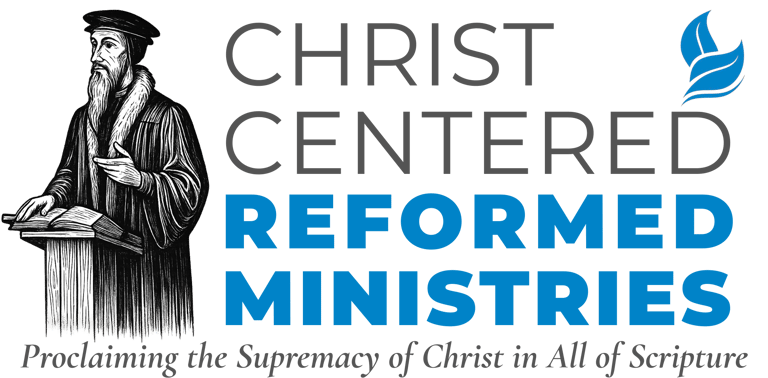Introduction to the Study on the Inspiration, Inerrancy, and Authority of Scripture
Unpack the divine truth of the Bible's origin and authority in this captivating study. Dive deeper into the core tenets of Christianity and discover the timeless foundation of your faith.
SYSTEMATIC THEOLOGY
Justin Hoke
10/6/20232 min read


Throughout the history of Christianity, the nature and authority of the Bible have been subjects of debate and contention. From the early church controversies over Gnosticism, which presented alternative "secret" gospels, to the Enlightenment challenges of the 17th and 18th centuries, which subjected the Bible to human reason, to 20th-century liberal theologies that doubted the supernatural elements of Scripture, the Bible's inspiration, inerrancy, and authority have constantly been under scrutiny.
Marcion of Sinope, in the 2nd century, was known for his rejection of the Old Testament and his edited version of the New Testament. He believed the Old Testament god was different from the New Testament god. Another significant challenge came from the Enlightenment era when rationalism and empiricism led people to doubt miracles and supernatural claims in the Bible. In the more recent past, some modernist approaches see the Bible as merely a collection of religious experiences, not the divinely inspired Word of God.
As we delve into this study, we'll carefully consider the biblical evidence for the nature of Scripture itself. Through a series of questions, we'll explore the biblical texts that assert the inspiration, inerrancy, and authority of the Bible. As you engage with the text, strive to approach it with an open mind, letting the Scriptures speak for themselves.
Study Questions on Point #1: The Bible alone is the inspired, inerrant Word of God and the only infallible rule for faith and practice.
Starting Foundationally:
What does 2 Timothy 3:16 say about the origin of Scripture? Who is said to be the source of Scripture in this passage?
Diving Deeper:
The word 'inspired' in 2 Timothy 3:16 is translated from the Greek term 'theopneustos (theo = God & pneustos = Breathed Out).' What do you think this term implies about the nature of the Bible?
Considering Jesus' Perspective:
In Matthew 4:1-11, how does Jesus respond to Satan's temptations? What significance does this hold for the authority of the written Scripture?
Thinking Broadly:
The Psalmist declares something about the Word of God in Psalm 12:6. How is the Word of God described here, and how does this relate to the concept of inerrancy?
Reflecting on History:
Acts 17:11 talks about the Bereans. How did they approach the teachings they received, and what can we learn from their attitude towards Scripture?
Analyzing Apostolic Teaching:
In 2 Peter 1:19-21, Peter explains a certain process about how prophecies came to be. What does he claim about the origin of prophecies?
Balancing with Caution:
Proverbs 30:5-6 contains a warning about God's Word. What is the warning, and how does it emphasize the Bible's inerrancy?
Exploring Further:
John 10:35b has a profound assertion by Jesus about the Scriptures. What does He say about them, and what implications does this have for our understanding of the Bible's authority?
Engaging with Counter Arguments:
Considering the challenges from Gnosticism, Marcionism, and Enlightenment rationalism, how do the verses we've examined respond to their claims about the Bible?
Synthesizing Our Study:
Based on the passages we've looked at, how would you define the inspiration, inerrancy, and authority of the Bible? How do these concepts interrelate?
Applying Personally:
How should understanding the Bible as God's inspired, inerrant, and authoritative Word impact how you approach, read, study, and apply it in your daily life?
Remember, as you go through these questions, the aim is not merely to gather information but to deeply engage with and be transformed by the Word of God. Let the Scriptures guide, correct, and affirm your beliefs. Allow the Holy Spirit to illuminate your understanding as you journey through these foundational truths of the Christian faith.
